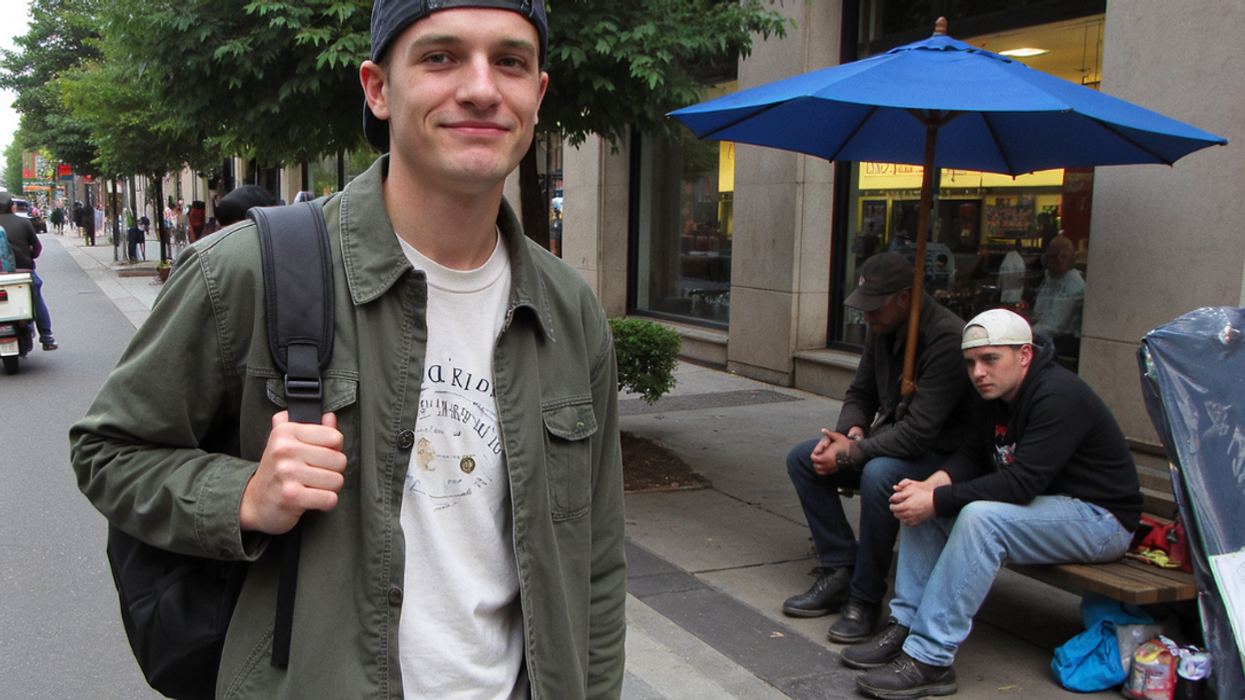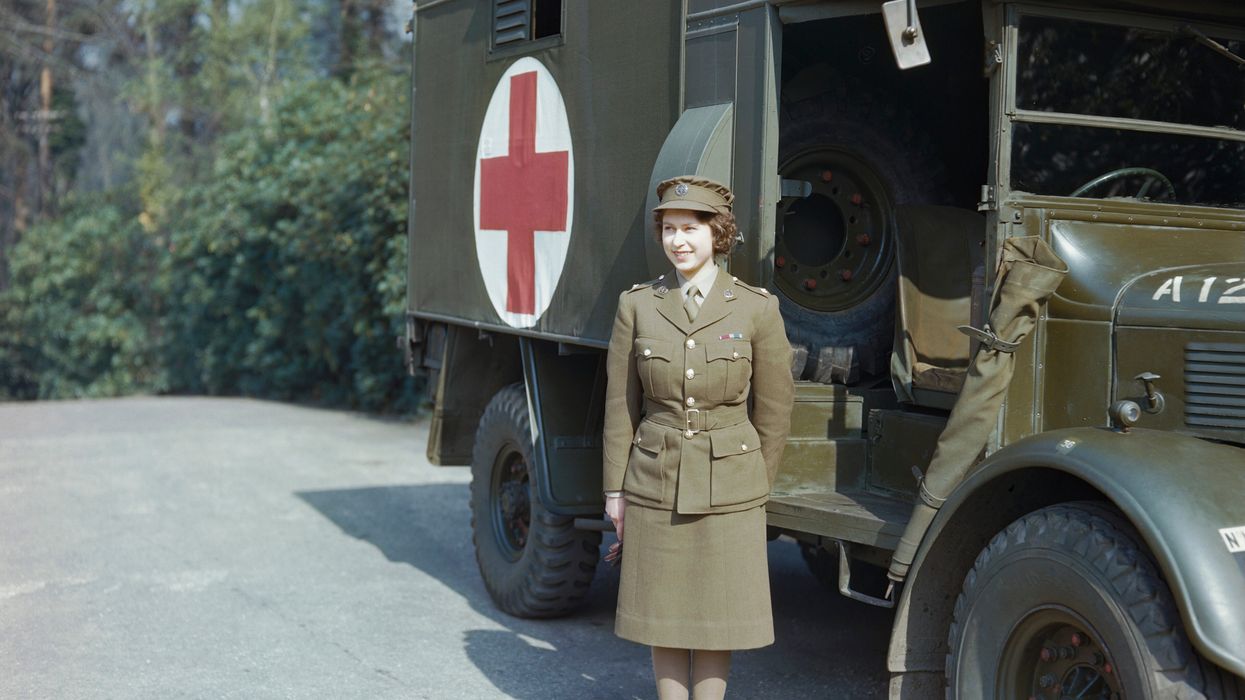We’re all a little stressed out. Some of us more than others. And while it would be great to drop everything for a 10-day silent yoga retreat, most of us don’t have the luxury of unplugging from the modern world very often. Thankfully, one brilliant school teacher has come up with a totally accessible list of 101 things you can do anytime, or every day, to give yourself a needed break from your hectic life.
Oxnard, California, high school teacher Brett Phillips created the list for his psychology class and offered it in a handout entitled “101 Ways to Cope with Stress” for his new students. Some of the suggestions couldn’t be more simple and easy such as #22: “smile.” While others require a bit of discipline and work from us in exchange for the reduction in stress, such as #1, “Get up 15 minutes earlier” or #5: “Set appointments ahead.”
And then, there are a few random ones in there that you’ll want to practice with a healthy dose of caution, like #24, “tickle a baby” or #90, “go to a ball game and scream.”
High school senior Alina Ramirez shared the list on Twitter and it went viral, with more than 20,000 people re-tweeting it. In an interview with BuzzFeed, Ramirez had high praise for her compassionate teacher, saying, “He knows how stressed we are with school, sports, work, and life in general, so he gave us the paper to help us, and just to have in case we are stressed.”
Phillips said he’s been refining the list for 10 years based on various papers and books he’s read along with just coming up with his own ideas. And, for that, we can all make use of #101, “freely praise other people,” and express gratitude for one high school’s teacher list of solutions to society’s most common challenge. Thanks, Mr. Phillips!
















 Say goodbye or make amends.Image via Canva - Photo by Inna Postnikova
Say goodbye or make amends.Image via Canva - Photo by Inna Postnikova Friends recording on a camcorder.Image via Canva - Photo by capturenow
Friends recording on a camcorder.Image via Canva - Photo by capturenow
 This is an AI-generated image using the language "A beautiful woman with long eyelashes and red lips surrounded by swirls of colorful makeup." AI/Canva/Elyssa Goodman
This is an AI-generated image using the language "A beautiful woman with long eyelashes and red lips surrounded by swirls of colorful makeup." AI/Canva/Elyssa Goodman 

 Wiman hiding her face behind a bunch of cashCanva
Wiman hiding her face behind a bunch of cashCanva A mansion and its reflection in the swimming poolCanva
A mansion and its reflection in the swimming poolCanva Salzburg at nightCanva
Salzburg at nightCanva Fancy homeCanva
Fancy homeCanva Happy volunteersCanva
Happy volunteersCanva
 Parents of young children get more time with them if they work from home.Photo credit: Canva
Parents of young children get more time with them if they work from home.Photo credit: Canva

Grieving couple comforting each other
This response to someone grieving a friend might be the best internet comment ever
When someone is hit with the sudden loss of a friend or loved one, words rarely feel like enough. Yet, more than a decade ago, a wise Redditor named GSnow shared thoughts so profound they still bring comfort to grieving hearts today.
Originally posted around 2011, the now-famous reply was rediscovered when Upvoted, an official Reddit publication, featured it again to remind everyone of its enduring truth. It began as a simple plea for help: “My friend just died. I don't know what to do.”
What followed was a piece of writing that many consider one of the internet’s best comments of all time. It remains shared across social media, grief forums, and personal messages to this day because its honesty and metaphor speak to the raw reality of loss and the slow, irregular path toward healing.
Below is GSnow’s full reply, unchanged, in all its gentle, wave-crashing beauty:
Why this advice still matters
Mental health professionals and grief counselors often describe bereavement in stages or phases, but GSnow’s “wave theory” gives an image more relatable for many. Rather than a linear process, grief surges and retreats—sometimes triggered by a song, a place, or a simple morning cup of coffee.
In recent years, this metaphor has found renewed relevance. Communities on Reddit, TikTok, and grief support groups frequently reshare it to help explain the unpredictable nature of mourning.
Many readers say this analogy helps them feel less alone, giving them permission to ride each wave of grief rather than fight it.
Finding comfort in shared wisdom
Since this comment first surfaced, countless people have posted their own stories underneath it, thanking GSnow and passing the words to others facing fresh heartbreak. It’s proof that sometimes, the internet can feel like a global support group—strangers linked by shared loss and hope.
For those searching for more support today, organizations like The Dougy Center, GriefShare, and local bereavement groups offer compassionate resources. If you or someone you know is struggling with intense grief, please reach out to mental health professionals who can help navigate these deep waters.
When grief comes crashing like the ocean, remember these words—and hang on. There is life between the waves.
This article originally appeared four years ago.